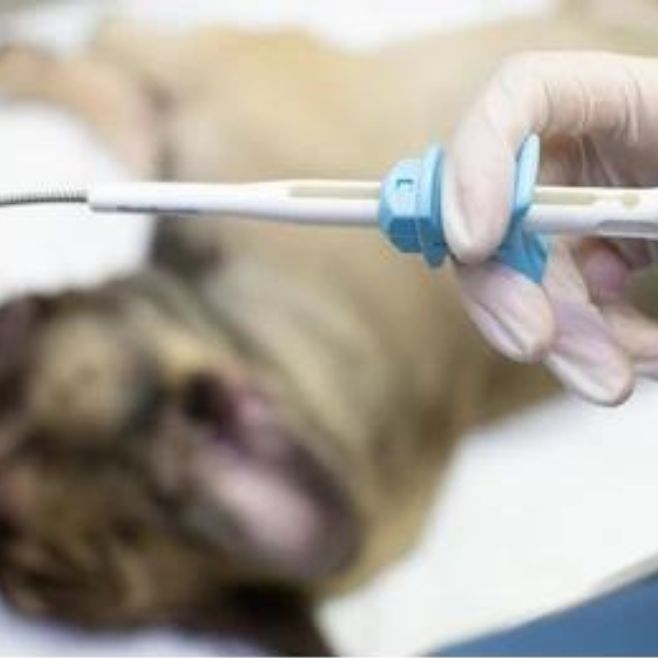
Nutritional Counseling for Pets: A Guide to Keeping Your Furry Friends Healthy and Happy
Call (786) 536-5144
Nutritional counseling for pets is an essential part of maintaining their health and happiness. In this article, we'll discuss the importance of proper nutrition for pets and how to get started with nutritional counseling for your furry friends.

